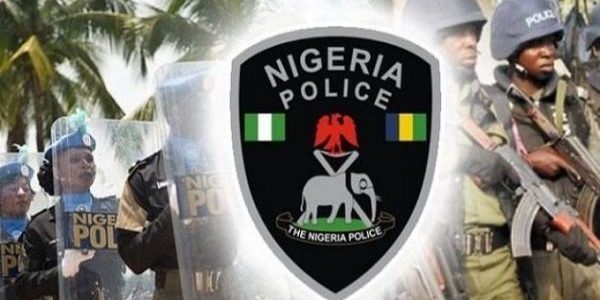
SIR: Early last month, the extrajudicial killing of an innocent Nigerian, Yemi Ajayi by a police officer in Iwo Road, Ibadan brought forward the perpetual issue of police brutality against innocent civilians. Only last year, the killing of Kolade Johnson by a police officer in Lagos sparked outrage leading to calls for the federal government to end the Special Anti-Robbery Squad (SARS), the most notorious division of the police force. One would think the overwhelming pressure from last year’s #EndSARS protest would reduce the rate of police brutality. Instead, there is a continued disregard for human rights by SARS officers. Whereas, it is time for an overhaul of the police force.
The freedom of Nigerians to life is at stake here. Over the past years, a number of harassed and dissatisfied Nigerians have bitterly complained about the use of excessive force and illegal arrests by the police and its SARS agents.

According to Section 34 (1) of the constitution: “Every individual is entitled to respect for the dignity of his person, and accordingly, no person shall be subjected to torture or to inhuman or degrading treatment.” The constitution explicitly prohibits dehumanisation.
The enacted anti-torture act 2017 further criminalises torture and cruel treatment while obtaining information or prodding a confession.

Nigerian police should be restrained from indiscriminately brutalizing the offenders and innocent citizens. Flagrant disregard to the Anti-torture act by a security officer comes with varying degree of jail terms and the torture leading to loss of life is treated as murder.
Summarily, as encapsulated in The Police Act, the police are vested with the responsibilities of arresting, detaining and maintaining peace and order lawfully. More so, if the police caught a criminal at the scene of his nefarious act, Section 50-52 of the Administration of Criminal Justice Act 2015 provides grounds for which force could be used by the police — in forestalling peace and order.
The police are expected not to intimidate innocent civilians but to act in a professional manner within confines of the Act while discharging their duties – in order not to trigger peaceful demonstration and civilian outburst just as recently witnessed in the United States.
Nigeria being a signatory to several international and regional human rights instruments is bound to enforce Principle 9 of the UN Basic Principles on the Use of Force and Firearms which states: “Law enforcement officials shall not use firearms against persons except in self-defence or defence of others against the imminent threat of death or serious injury, to prevent the perpetration of a particularly serious crime involving grave threat to life, to arrest a person presenting such a danger and resisting their authority, or to prevent his or her escape, and only when less extreme means are insufficient to achieve these objectives. In any event, intentional lethal use of firearms may only be made when strictly unavoidable in order to protect life.”
No doubt, proper and impartial prosecution of erring officers culpable in orchestrating extrajudicial executions and unlawful killings would undoubtedly curb the excesses of “trigger happy” and oppressive officers. Only such will serve as deterrent to potential overbearing officers.
In a bid to reignite civilians’ trust and confidence, it becomes imperative to restore sanity and urgently overhaul the Nigerian policing system. It is also important to place premium emphasis on recruiting officers with good track records, upright character and virtues.
Nigerians are not saying the police should not do their job rather, the underlying tones behind citizens’ uproars is that the Nigerian Police should carry out their jobs with due regards to human rights, ethically and professionally within the ambit of international standards
